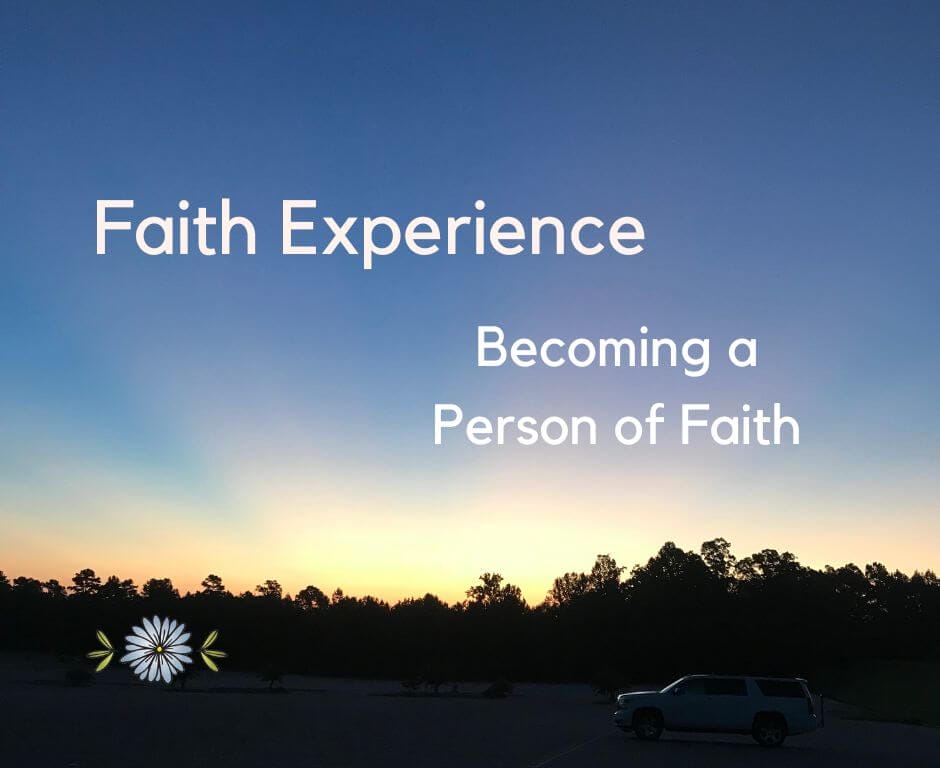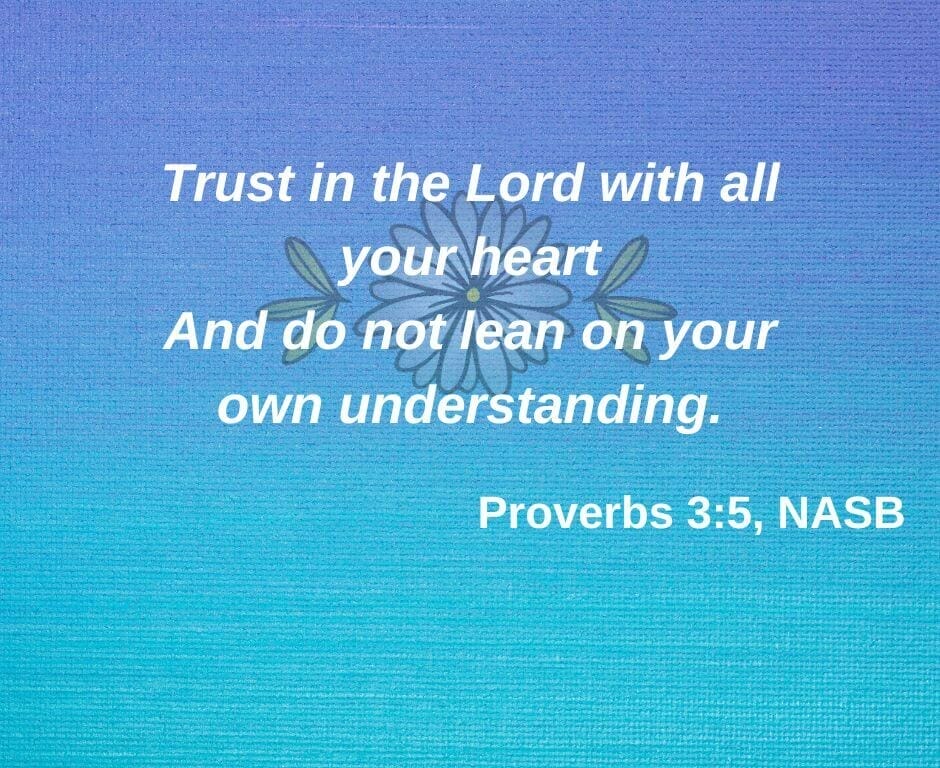
“Experience is the best teacher.”
Oh, I don’t like those words. Experience can be such a painful way to learn hard lessons. And I don’t like to think of the collateral damage the consequences of my bad choices can have.
I became curious about the origin of this often heard quote. Who, in history has ssaid something like it?
- “Experience is the teacher of all things.” – Julius Caesar
- “Experience is the most efficient teacher of all things.” – Pliny the Elder
- “One learns more from experience than from books.” – Roger Ascham
As I look back at life, the best lessons have been those I’ve actually lived. I can read about theories and platitudes in books and listen to podcasts the livelong day. But the lesson sticks when I do it myself, make it myself, and when I have to correct my own mistakes. The consequences are no fun but if I’m a willing learner, I ultimately become stronger and a better person.
For example:
As a teenager, I was heavily into the breads project in 4-H.My parents had an oven where you had to turn the dial from preheat to bake before you put something in the oven. If you forgot, the top of whatever would burn.
I knew that. Mother told me. Yet it took forgetting when I was baking bread for the State Fair competition to make me never forget again. Yes, my bread was ruined, I didn’t have time to make a second batch, and I didn’t get the Best of Show ribbon everyone expected me to get which was humiliating. But my forgetfulness taught me to be detail conscious and God has used my love of bread baking to bless many people throughout the years.
Ben Franklin says . . .
Benjamin Franklin elaborated on this often-quoted truism:
“Experience is the best teacher, but a fool will learn from no other.”
https://www.azquotes.com/quote/701661
I sure would like to not be labeled as a fool. But, like my inattention with my bread, seeing the consequences for myself may be the only way I retain what I should know and why doing what I did wasn’t such a wise idea.
We all have moments of “I wish I had not done that” and stories of times when experience taught us hard lessons. Whether we suffered the consequences at the moment or throughout our life, those lessons gave us the chance to become stronger people, make course corrections, and live more productive lives because experience made the lesson stick.
Abraham had to learn the hard way.
We know the Bible character, Abraham, as the hero of faith. Yet, as we read his life story, we come to the account of the tryst between Abraham, his wife Sarah, and her maid, Hagar. Sarah, who couldn’t conceive a child, told her husband to take Hagar to bed so Abraham would have an heir. Abraham and did what he was told. Then the mess began.
Hagar got uppity with her mistress. Sarah whined to Abraham who told her to do what she thought best. Sarah mistreated Hagar who ran away. God’s angel found her and told her to go back to Sarah and submit to her. Hagar did and gave birth to Ishmael. Later, after Isaac was born, Ishmael and Isaac had issues, and Hagar and Ishmael got the boot, never to return. The descendants of Isaac and Ishmael have been at odds ever since. (See Genesis 16.)
From our 21st century emphasis on the equality and importance of women, we find this story horrifying. How could Abraham treat Sarah that way? And what about poor Hagar? The fundamentalists among us want to say, “Doesn’t he know an extra-marital affair is wrong?” And we wonder and ponder just how faith-filled Abraham was.
Let’s give Abraham some slack.
Abraham lived in a different culture 3,000 years ago. Bedding down with a concubine was common practice even though God had established the one-man-one-woman concept of marriage in Genesis 2:24. Since Abraham was now 86 years old, having a child through his wife’s maid seemed the logical way to make God’s promise happen. Yet he quickly experienced the consequences of conceiving a child outside God’s prescribed way. And in Genesis 17, God makes it clear that Sarah, not any other woman, would be the mother of the child of promise.
I wonder why God didn’t tell Abraham a long time before that he would have descendants specifically through Sarah. Was Abraham supposed to assume Sarah would be the mother? But, Abraham must have reasoned, that would be impossible. Was Abraham not to the point in his faith walk to understand the very nature of God allows God to do the impossible?
Perhaps that’s how God used this experience to build Abraham’s faith. His natural inclination was to do God’s will the world’s way. God wanted Isaac’s birth to be out of the ordinary, out of the normal. And God wants us to have the faith to believe that God and only God could what God had promised He would do. A child born to a 90-year-old woman would catch the attention of the parents and anyone watching. Everyone would agree: Only God! Abraham? Are you ready to do it My way? Not the world’s way, the logical way, the normal way?
The experience with Hagar could easily have led Abraham to say, Okay, God. I’m listening. I’m ready. Do it your way.
I still don’t like making mistakes.
I don’t like burnt bread and broken friendships. After all, does anyone want to be a fool who can’t learn any other way. I want to make perfect choices that align with God’s will every time.
But, alas, I am human. I’m still learning. Like Abraham, there is so much I don’t yet know about God that He wants to teach me. My head knows He is the God of the impossible, but experience must teach my heart to trust Him implicitly. Even the hard way with the painful consequences.
Every single one of us are flawed creatures. None of us will make perfect choices, simply because, like Abraham, we are products of our culture, and we don’t know all we need to know when making life choices. We can short circuit the mess-ups by admitting to God He is wiser than we are, praying hard for guidance, seeking truth in His Word, and learning from the lives of others. But, as long as we are on this earth, we’ll still have incomplete information, mixed motives, and stubborn wills. God may need to allow to go through a gnarly experience so we learn best how to trust Him.
I find reassurance in this.
When I do mess up, God can weave the consequences of my actions into the scheme of his greater plan. Through my experience, I can submit to His teaching and humbly ask, “Okay, Lord what would You have me learn? How can I grow from here?” I can depend on Him to help me navigate the obstacles of the natural consequences of my actions and stay with me with times get tough. He can bring even greater good because He is God and He can do the impossible.
I’m confident His word to us is true. When we choose to trust Him instead of depending on our own wisdom and understanding, He will direct our paths. He has promised. And He’s proved to be faithful in keeping His promises.
Just ask Abraham.


Leave a Reply